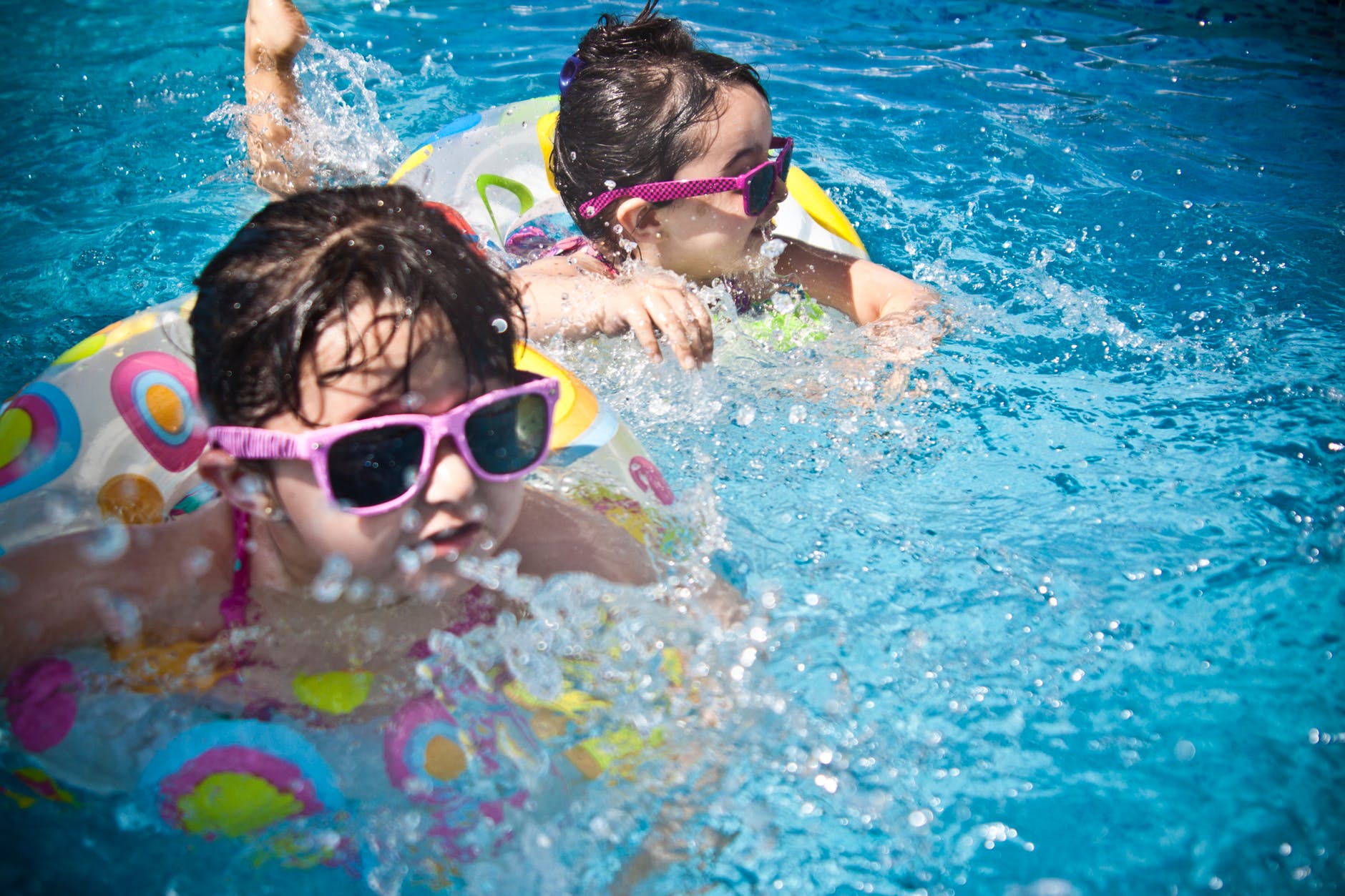Pool Maintenance: Method and Essential Facts
Date: February 25, 2019 Tags: clean the pool filter / pool maintenance / water hardnessIf you own a swimming pool, you always want to be able to enjoy clear, clean and bacteria-free water in the summer. To achieve this, regular maintenance is necessary. With the following matters you have to take into account:
Cleaning The Pool Filter
In a pool filter, dirt accumulates faster than you might think. It is, therefore, essential to have the filter ‘backlash’ every week. This removes the dirt and reduces the pressure in the filter. It is not only fine dirt particles that can clog a filter but also lime particles. It depends on the water hardness how much lime stains build up, and more, but on average you have to descale a filter three or four times a year.
Correct Balance with Chemicals
If you want to swim in clean and bacteria-free water, you can not ignore the use of chemicals. Without the right chemicals, you will quickly get problems with algae and all kinds of unwanted bacteria. Clean water in the pool is ultimately a matter of finding the right balance between acidity (PH), water hardness and the amount of chlorine.
Chlorine only works well at the right pH value. Chlorine is used in pool water during maintenance to kill bacteria. However, it must be precisely dosed and only works well with the correct pH value of the water. This must be neutral (7.2 is ideal). You can measure the water pH value yourself with digital meters or with the help of test strips. Depending on the measured value, you can lower or raise the pH of the water with a special agent. The pH value must be measured regularly. Chlorine must be added periodically in the form of tablets (in a chlorine floater).
Carbonate Hardness
Fluctuations in the pH value depend on the carbonate hardness of the pool water. A hardness between 100 and 150 ppm is excellent. The harder the water, the higher its buffering capacity. The pH will fluctuate less rapidly in hard water. In soft water, the pH will rise or fall faster.
Pay attention! Never mix different types of chlorine. This can result in unpredictable chemical reactions. Remember that you are working with chemicals and always follow the instructions on the packaging.
Add Fresh Water Regularly
Even though the water has been treated with chlorine, substances will eventually accumulate in the water. This mainly concerns salts that are formed by chemical reactions between the chlorine and nitrates in the water. You can only reduce the concentration of salts by regularly performing a water change as maintenance.
It is advisable to change about three to five percent of the pool water every week. In the summer the water will evaporate more quickly causing the concentration of salts to increase. You can prevent this by covering the water if you do not use it. An additional advantage is that no dirt can enter the water.
Preparing The Swimming Pool for The Winter
When the water gets colder than 15 ° C, it is time to make the pool winter-ready. First of all, you have to remove soil dirt (sand) and floating dirt. You can also polish the walls with a brush. When this work was done, you must ensure that the condition of the water is stable.
Then the installation can be made frost-free. The water level can be lowered to below the skimmer. To prevent rainwater or snow from entering the pool via the skimmers or injectors, you can seal it with rubber stoppers or other material.
Filter and pump must be disconnected and kept frost-free. If all this has happened, the pool can be covered with a suitable winter sail. This sail may not let light through. Otherwise, you will get algae growth in the winter.
The best thing is to keep the swimming pool filled with water in the winter. The water provides counter pressure (against the walls) and the necessary weight. With an empty pool, the ground can ensure that the walls are pushed inwards.
A full swimming pool provides counter pressure so that this can not happen. You have to make sure that the water does not freeze. You can do this by using so-called ‘wintering floats.’ These are unique floats that float on the water and ensure that no ice pressure is created in freezing cold.
Do you need regular pool maintenance from experts? make sure to check our best-in-class services

Recent Comments